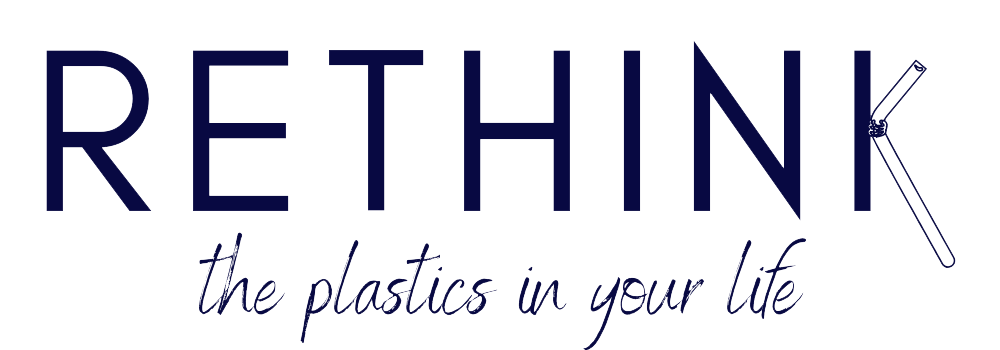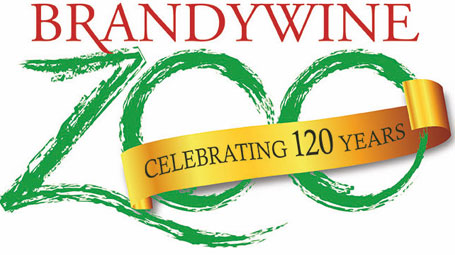Rethink Plastics

Help us eliminate unnecessary waste and save wildlife like North American river otters here in Delaware and beyond.
The Brandywine Zoo is asking you to join us in becoming single-use plastic free. We’re also asking Northern Delaware area bars, restaurants, and food trucks to do the same!
To join our wildlife-saving campaign, use the pledge form at the bottom of the page.
Our Campaign
It is the mission of The Brandywine Zoo to connect people to actions they can take to save wildlife. As part of that mission, it is critical that we take action to save wildlife, while empowering our local community to do the same.
We are partnering with local bars and restaurants to help them transition from single-use plastic straws to reusable or non-plastic straws (like those made of paper), upon request. Here’s why:
- Single-use plastic items like bags, bottles, and straws are typically used once, and end up in our waterways like rivers, lakes, and oceans if not contained properly. It’s estimated that in the US we use 500 million single-use plastic straws every day!
- Animals that depend on clean water, like otters, sea turtles, birds, and whales, may mistake a plastic item for food, ingesting it and causing sickness or injury.
- Wildlife rehabilitators around the world treat thousands of animals a year with plastic-related injuries. We’re committed to reducing plastic use locally to protect these animals globally.
We have launched a campaign to work with area restaurants and bars, as well as the public, to reduce their use of plastic straws and disposable cutlery.
If you are a bar or restaurant owner/manager and want to help us save wildlife, please consider joining this campaign by completing the commitment form below!
How to join us
Joining the campaign is simple. All you need to do is pledge to help save wildlife by eliminating single-use plastic straws or cutlery and follow these steps:
Step 1
Swap out your plastic straws or cutlery for a reusable or non-plastic alternative (we have info on vendors in our partner toolkit).
Step 2
Use up your current stock of plastic straws or cutlery before making the switch.
Step 3
Move your straws behind the bar/restaurant serving area so they are out of reach of guests, waitstaff, and bartenders.
Step 4
Offer your new reusable or non-plastic straws or cutlery to customers only upon request.
Step 5
Celebrate how you’re reducing plastics and saving wildlife with your customers!
Why should you rethink plastics?
What are single-use plastic?
Single-use plastics, or disposable plastics, are rarely recyclable and therefore are used only once before they are thrown away. Plastic straws, drink stirrers, and disposable cutlery all rank in the top ten types of garbage polluting the ocean.
Straws and plastic cutlery, shopping bags, takeout containers, and water bottles are all examples of single-use plastics. These items either cannot be recycled, require specialty recycling, or end up in landfills despite being recyclable.
By eliminating disposable items like plastic straws, stirrers, or cutlery and replacing them with reusable ones, you can keep hundreds of thousands of them out of our landfills and oceans each year.
Plastic waste hurts wildlife
Not only does the production of single-use plastic use an enormous amount of resources, but this plastic waste enters our waterways, pollutes our rivers and streams, and ends up in the ocean. Plastic trash can cause entanglement or strangulation hazards to wildlife.
Animals like sea turtles and dolphins often mistake plastic trash for food, ingesting it and becoming sick or injured.
How can businesses join us in saving wildlife?
Three months after taking the pledge: You will be asked to share information on what reusable or non-plastic straw or cutlery options you have chosen.
Six months after taking the pledge: You will be asked to report on how many reusable or non-plastic straws/cutlery you have ordered, and how long the supply has lasted. Report on any barriers you have encountered after making the change (difficulty obtaining straws, patron responses, etc.)
Document your progress: Take photos of your wildlife-saving practices in action so we can highlight your work on our social media channels!
Take the Pledge- join us in Rethinking Plastics!
Please consider joining our campaign by completing the commitment form below.




